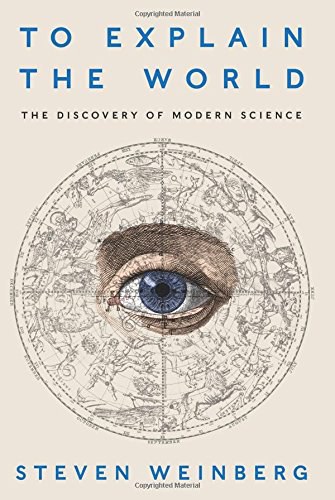
ToExplaintheWorld
[ 科学 ]
1
0
推荐者:百科书库 2023-04-14 11:58:12
本书简介
- 作者:StevenWeinberg
- 出版社:Harper
- 副标题:TheDiscoveryofModernScience
- 出版年:2015-2-17
- 页数:432
- 定价:USD28.99
- 装帧:Hardcover
- ISBN:9780062346650
In this thought-provoking and important book, Nobel Prize-winning physicist Steven Weinberg provides a masterful commentary on the history of science from the Greeks to modern times.
In a rich, irreverent, and compelling history, Weinberg takes us on a centuries-long journey, beginning in ancient Miletus and ending in modern-day London. Along the way, he sheds light on the struggles of scientists and intellectuals throughout history as they attempted to understand the mysteries of the universe.
We learn that scientists of ancient and medieval times did not understand what we know to be true about the world. They lacked the tools and methods necessary to make sense of the physical world. However, through centuries of experimentation and collaboration, the discipline of modern science eventually emerged.
Weinberg delves into the historic clashes and collaborations between science and other spheres of thought, such as religion, technology, poetry, mathematics, and philosophy.
To Explain the World is an illuminating exploration of how we analyze and understand the world around us. With its sweeping and ambitious account of the development of modern science - and its impact on human knowledge - this book is a must-read for anyone interested in the history of science and the pursuit of knowledge.
作者简介
StevenWeinbergisatheoreticalphysicistandthewinneroftheNobelPrizeinPhysics,theNationalMedalofScience,theLewisThomasPrizefortheScientistasPoet,andnumeroushonorarydegreesandotherawards.HeisamemberoftheNationalAcademyofScience,theRoyalSocietyofLondon,theAmericanPhilosophicalSociety,andotheracademies.Alongtimecontributorto...
相关推荐
解析彩虹
【内容简介】全球极具影响力的科学家,当代知名进化论生物学家,普及科学作家理查德·道金斯,以他的第一本科普作品《解析彩虹》写给所有人的科普散文,探讨了科学与美的关系。牛顿用三棱镜把光线分解成光谱,揭开了 [英]理查德·道金斯 2023-05-11 19:47:18世界文明中的技术
【内容简介】本书概述了自公元1000年起、横跨千年的世界技术发展传播史。这场讨论围绕着三个关键概念展开:技术对话、环境制约、工业革命。作者使用了“技术对话”这个术语来挑战自上而下的“技术转移”概念,它 [英]阿诺德·佩西/[英]白馥兰 2023-05-11 19:49:00人工智能(第4版)
StuartRussell是加利福尼亚大学伯克利分校的计算机科学系教授,也曾担任系主任和人类兼容人工智能中心主任,同时还是史密斯–扎德工程系讲席教授。他曾获得美国国家科学基金会的杰出青年科学家总统奖和 [美]StuartRussell/[美]PeterNorvig 2023-05-11 19:50:06生命3.0
《生命3.0》一书中,作者迈克斯·泰格马克全方位畅想了人类的终极未来,从近未来到1万年乃至10亿年及其以后。他在未来的1万年乃至10亿年及其以后,我们是否能与人工智能实现共生和繁荣?宇宙生命发展的终极 [美]迈克斯·泰格马克 2023-05-11 19:51:23行为科学统计
本书是一本“有魔法”的统计学入门教材,全面更新至第9版。它是被无数学生和老师强推的经典教材,时隔15年完整再版。以往版次获豆瓣千人9.5高分推荐:“相见恨晚,泪流满面,原来统计学没有那么难!”资深统计 [美]FrederickJGravetter/[美]LarryB.Wallnau 2023-05-11 19:55:00© 2023-2025 百科书库. All Rights Reserved.



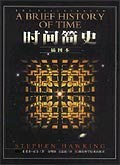


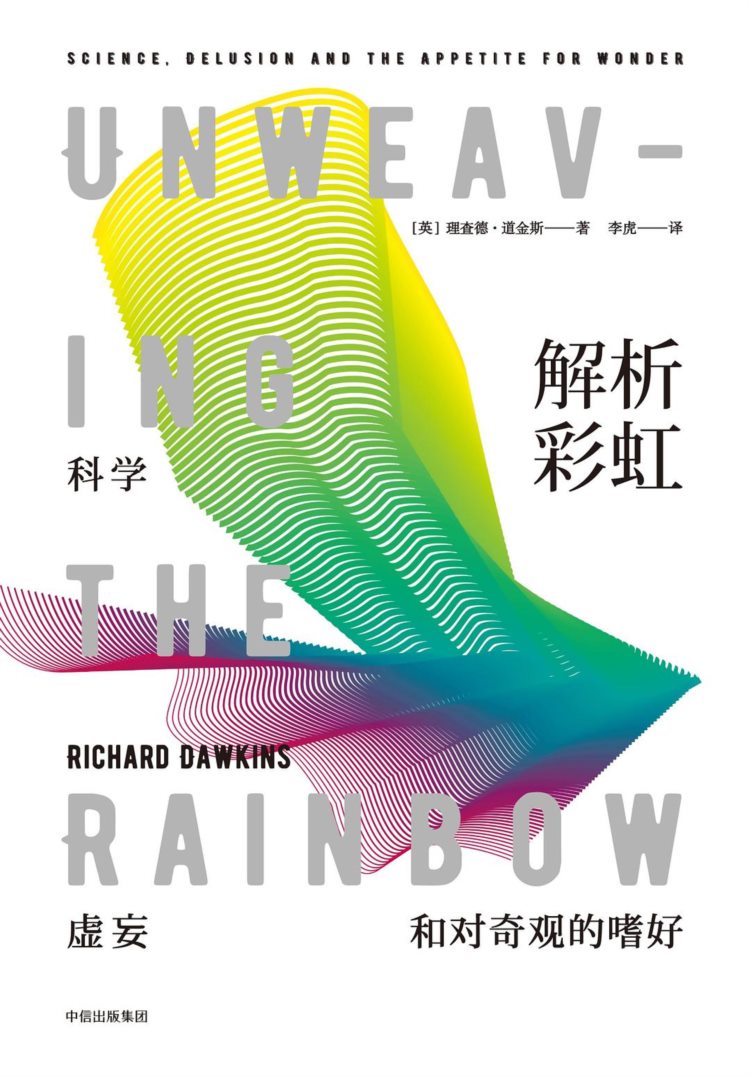



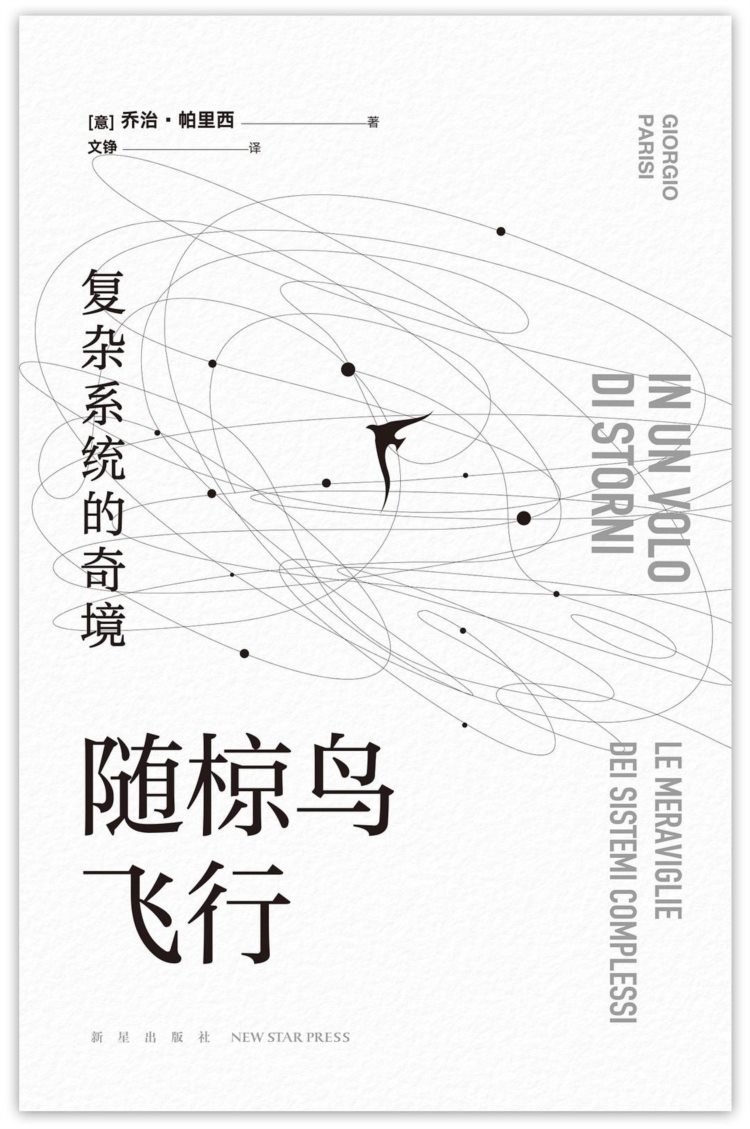
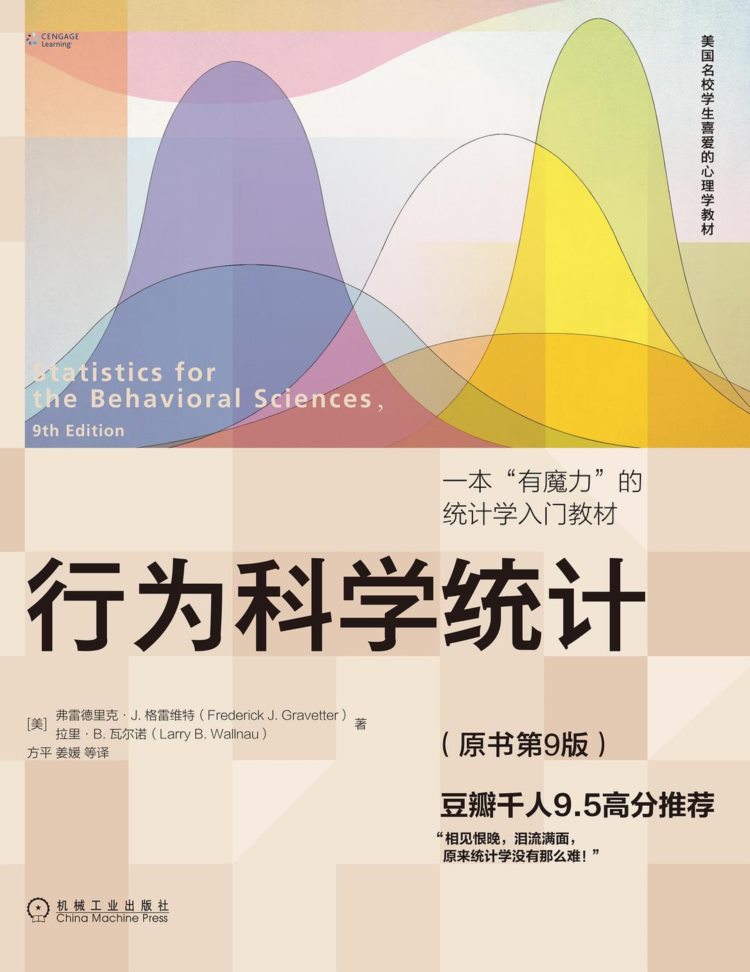
发表评价